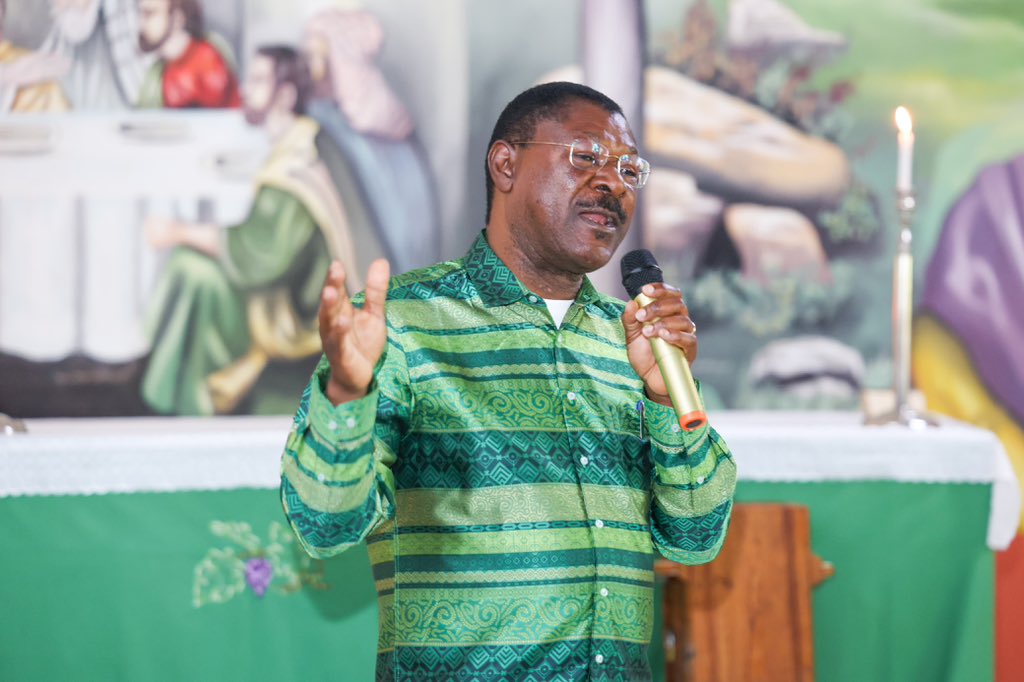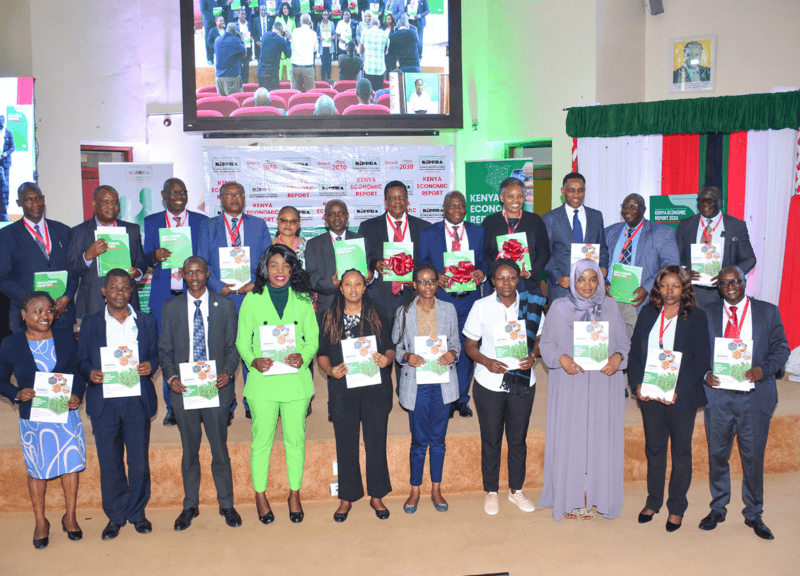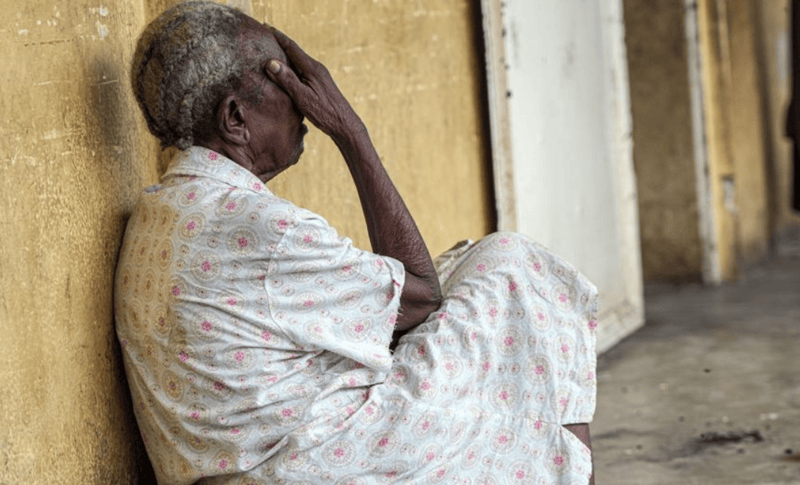Turkana engages farmers, stakeholders on draft agricultural policy which seeks to boost farming
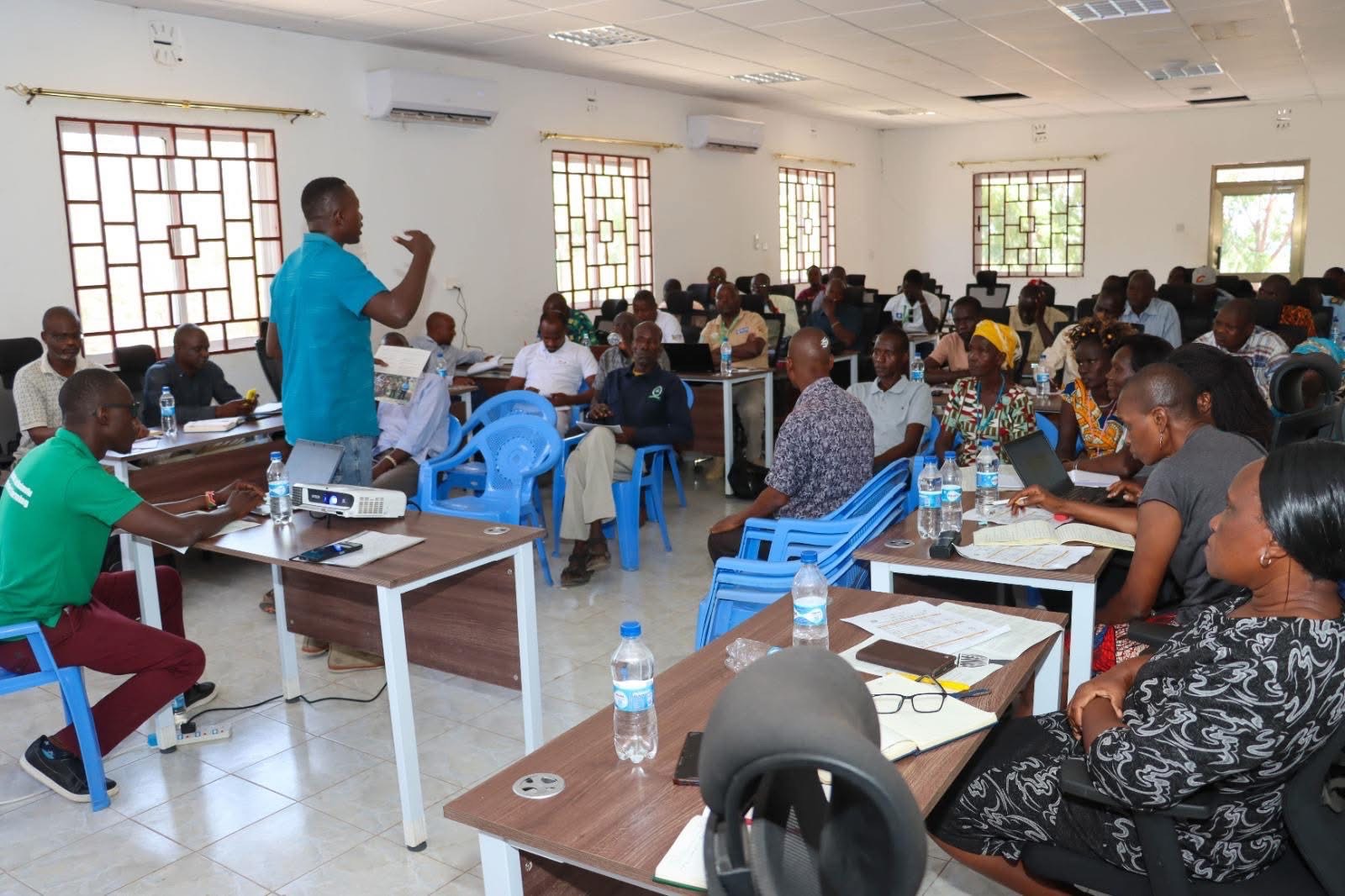
Farmers from various irrigation schemes in Loima, Turkana West, Turkana South and East sub-counties, as well as from Kakuma, Kalobeyei, Letea and Lopur, participated in the forum.
The Turkana County Government has launched public participation on the Turkana County Agricultural Policy 2025, seeking to gather views from farmers and stakeholders on the draft policy.
The policy aims to provide a framework for county investment, coordinate public and private actors, ensure equitable water and land use, and promote innovation for climate resilience and food security.
More To Read
- UN warns of rising hunger across Africa
- From hobby to lifeline: How gardening is becoming a path to food security and resilience
- Audit exposes fake firms, unsafe inputs and lost billions in Ruto's fertiliser subsidy plan
- Food insecurity in Africa persists as poor infrastructure hampers supply chains – World Bank
- Food security in Africa at risk without increased agriculture budgets, ministers warn
- Agriculture CS Kagwe pushes for leasing of idle public land to curb reliance on food imports
Farmers from various irrigation schemes in Loima, Turkana West, Turkana South and East sub-counties, as well as from Kakuma, Kalobeyei, Letea and Lopur, participated in the forum.
They emphasised the need for climate-smart technologies, such as drip, flood-based and sprinkler irrigation systems, to boost agricultural production and productivity in the region’s dryland farming areas.
Call for farm mechanisation
The farmers highlighted that farm mechanisation would significantly increase agricultural production and productivity, enabling them to invest in livestock or other ventures and diversify their sources of income.
Imo Moru from Oropoi spoke of the area’s potential for large-scale crop farming, citing the availability of vast tracts of land.
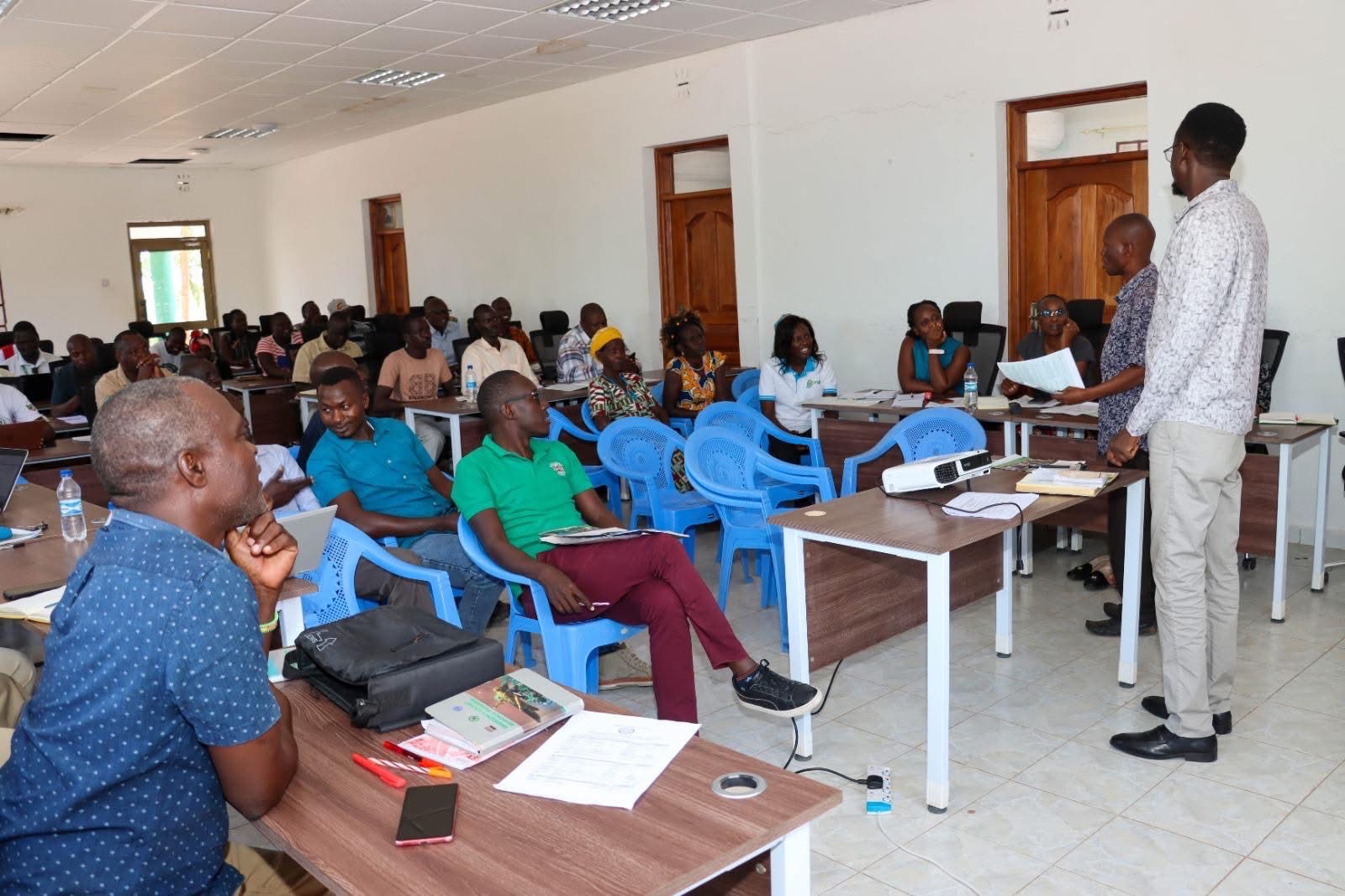 Farmers and stakeholders drawn from Kakuma, Kalobeyei, Letea and Lopur giving opinions during a public participation on the Turkana County Agricultural Policy 2025. (County press).
Farmers and stakeholders drawn from Kakuma, Kalobeyei, Letea and Lopur giving opinions during a public participation on the Turkana County Agricultural Policy 2025. (County press).
Hosea Ameripus, the Kakuma Ward Administrator, questioned whether the draft policy would facilitate major investments in key hubs such as Morulem, Turkwel, Katilu and Napuu irrigation schemes.
He also emphasised the potential for industrial-scale farming of crops like sweet potatoes, groundnuts, cotton and dragon fruit in parts of Turkana.
Hellen Amiiny, a farmer in Nawontos, urged the county government to consider establishing the Tarach dam to support agriculture along the Tarach River, Loritit, Abune, Kalobeyei, Ejem, refugee camps and Choro farm.
Isaac Muoki, representing World Vision Kenya, suggested that the draft policy should identify social behaviour change communication as a cross-cutting issue, noting that behaviour change can help integrate pastoralism with farming.
Plan International representative Daniel Ekai stressed that the policy should establish clear standards for the supply and regulation of farm inputs to protect farmers from unscrupulous traders.
He also called for safeguards and protection for local communities.
Liz Ogutu, who led the team gathering feedback on the draft policy, assured farmers and stakeholders that their views would be considered to strengthen the final policy.
According to the county government, the Alliance of Bioversity-CIAT is supporting the policy review through the Accelerating Impacts of CGIAR project.
Top Stories Today










